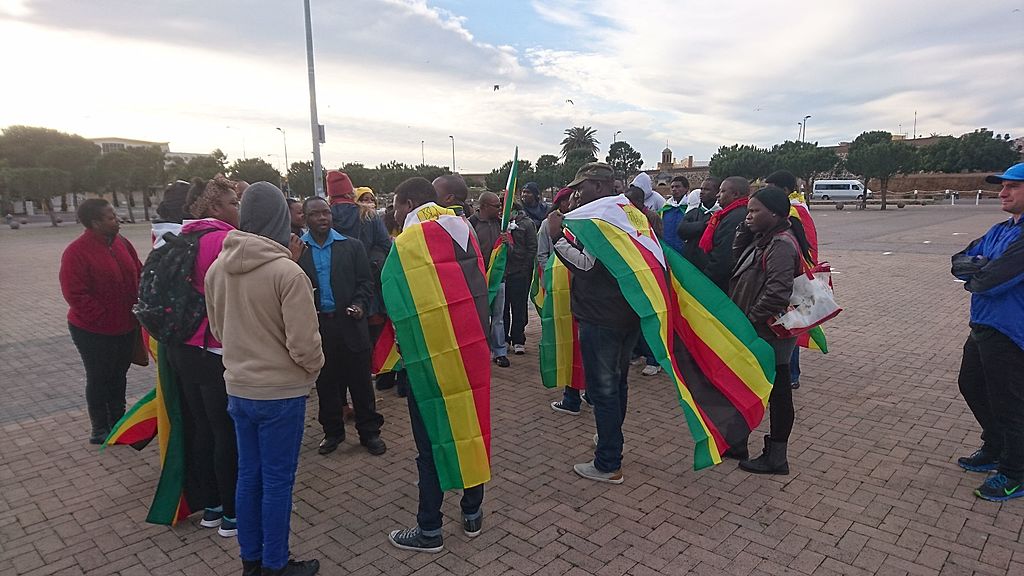- Details
- East Africa
- 659
Amnesty International’s Deputy Regional Director for East and Southern Africa Khanyo Farise urged Zimbabwean authorities on Wednesday to immediately release over 70 detained members of the opposition party Citizens Coalition for Change (CCC) and withdraw all their charges unconditionally.
According to Farise, Zimbabwean authorities breached Zimbabwe’s Constitution and international human rights obligations by arbitrarily detaining the members. Farise said Zimbabwean authorities “must end the crackdown on civic space and ensure everyone can freely speak and gather peacefully without fear of arrest or torture and other ill-treatment.”
CCC interim leader Jameson Timba and 70 other CCC members were previously arrested by Zimbabwean police on June 16 for disorderly conduct during a private meeting held over the weekend at Timba’s residence. Their lawyer agency Gumbo claimed that the authorities beat and injured Timba and the members. They were then charged with gathering to promote public violence and disorderly conduct. Zimbabwean authorities allegedly violated the country’s law by detaining them for over 48 hours without bringing them before a court. While a 17-year-old detainee was afterwards released by a court, other members were denied bail by the authorities. The members’ appeal for bail would be decided on July 18.
CCC is the main opposition party which runs against the Zimbabwe African National Union – Patriotic Front (ZANU-PF). In the 2023 elections, ZANU-PF won the Presidency, the National Assembly and the Senate. In January 2024, the former leader of the CCC, Nelson Chamisa, resigned from the party. Timba’s appointment is an interim replacement after Chamisa’s resignation. Amnesty International previously observed that the repression of dissent, deteriorating the rights to freedom of expression, association and peaceful assembly, was present in Zimbabwe during the election period and warned that the CCC was the main target of repression.
Relatedly, former member of CCC Job Sikhala was released on January 30 following an almost 600-day detention in Zimbabwe’s Chikrubi Maximum Security Prison, where he remained without a chance for bail. Sikhala’s legal team told the press that pre-trial incarcerations like that imposed on Sikhala are a human rights concern, a matter that keeps deteriorating in Zimbabwe. A 2023 Human Rights Watch report stated, “Authorities in Zimbabwe continued weaponizing the law against critics of the government, denying those arrested the presumption of innocence, the right to bail […] and access to a fair trial.”
In addition, a Zimbabwean court denied bail to Hopewell Chin’ono, a journalist who was arrested on charges of inciting public violence over anti-government protests, for the third time on August 24, 2020. Chin’ono and Jacob Ngarivhume, president of the Transform Zimbabwe party, were arrested in July 2020 when they called for the removal of the ruling ZANU-PF. Amnesty International’s Regional Director for East and Southern Africa Deprose Muchena said “[the arrests are] designed to intimidate and send a chilling message to journalists, whistle-blowers and activists who draw attention to matters of public interest in Zimbabwe.” Jurist News






